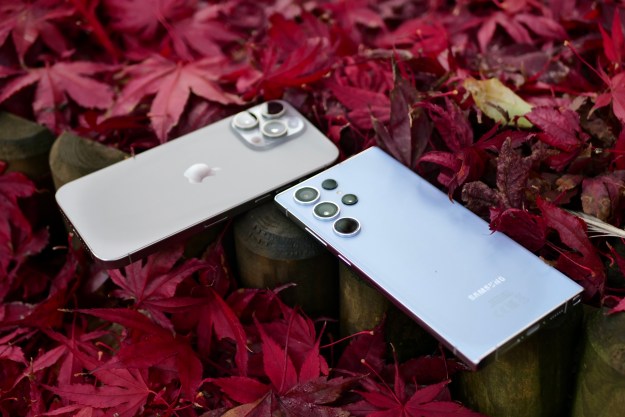
In fact, Google’s Rajen Sheth recently shed some light on the matter in a conference call, saying that the company is developing a better touch interface for Chrome OS, which could open up some possibilities for manufacturers interested in developing compatible devices.
“We have put a lot of investment into the touch UI and making touch a great experience on the Chromebook,” Sheth said during a conference call. “You’re going to continue to see that happen. And what that’s going to do is it’s going to open up the possibilities for OEMs to have an even wider variety of form factors. You may expect everything from detachables to tablets based on Chrome OS down the line.”
Of course, it’s important to note that just because the touch interface is improving, that doesn’t mean we’ll actually see Chrome OS tablets — instead, it’s likely we’ll continue seeing 2-in-1 devices loaded with the operating system, of which there are already a few. On top of that, we could also see a Chrome OS tablet or two — but nothing’s official yet.
Google itself is also likely to launch more hardware in the next year or so, and it’s certainly possible that we could see a self-built device from Google. The company did launch the Pixel C tablet in late 2015, however that device didn’t do as well as Google might have hoped. It will be interesting to see if Google tries a different approach by launching a Chrome OS tablet instead.
Editors' Recommendations
- Google has no idea what it’s doing with the Pixel Tablet
- Google just launched a new Pixel Tablet … kind of
- 5 web browsers you should use instead of Google Chrome or Edge
- Google just released the first Android 15 beta. Here’s what’s new
- I’ve finally given up on the Google Pixel Tablet


